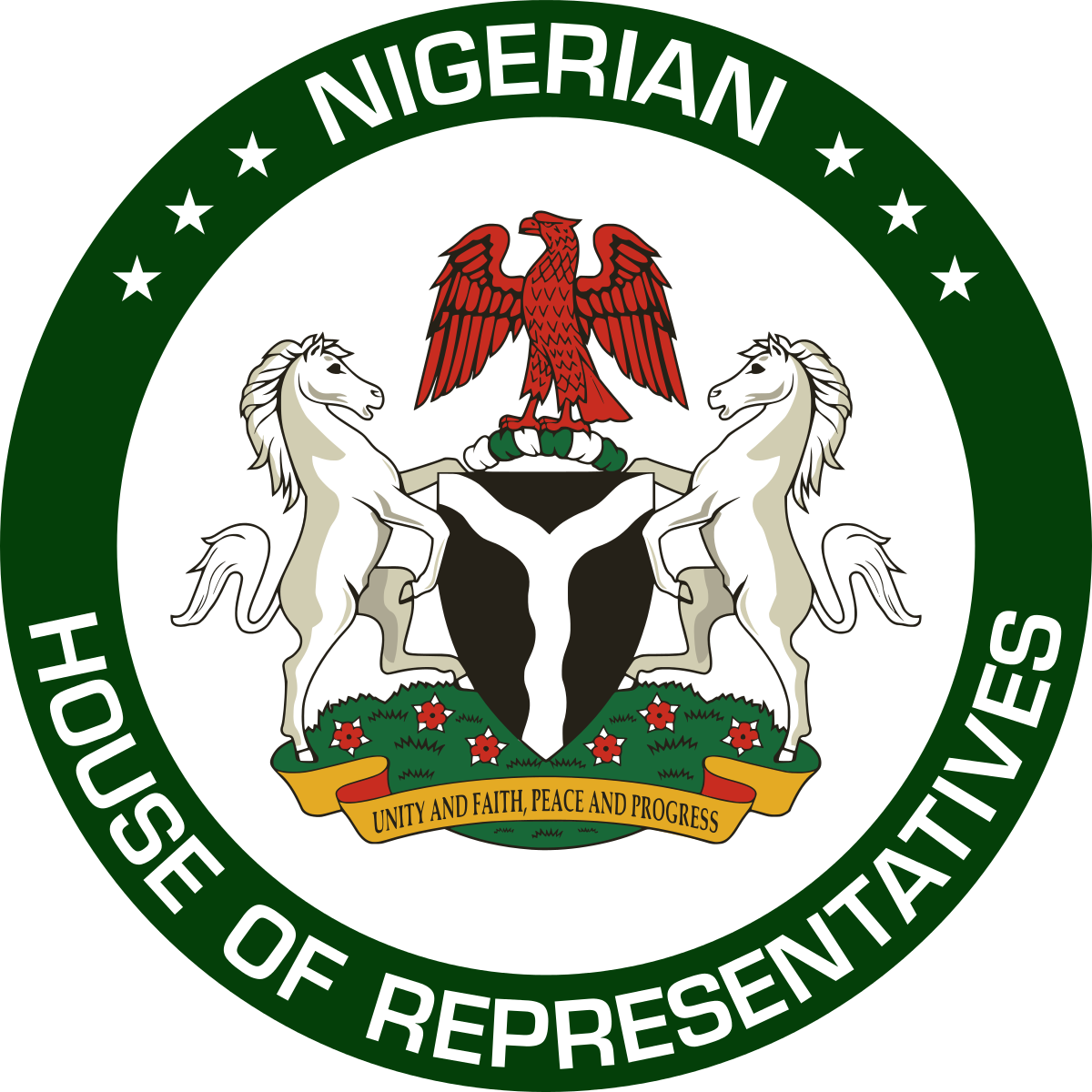By Eyinnaya Appolos
This amendment must remove the control of LGAs from state governments, and place it where it belongs – with the local councils. Until this is done, every effort or law aimed at achieving autonomy will be a mere exercise in futility.
The importance of Local Government Areas (LGAs) to Nigeria’s development cannot be overstated. As the tier of government closest to the people, they are critical to grassroots development. The lack of autonomy has prevented local governments from effectively addressing the basic needs of their communities, from education to healthcare to infrastructure. The failure to amend the Constitution to reflect the true independence of LGAs will only deepen underdevelopment at the grassroots level and further erode public trust in government institutions.
The struggle for local government autonomy in Nigeria is akin to chasing a mirage. Time and again, we hear calls for freeing LGAs from the iron grip of state governors, who continue to manipulate and control local councils. But amid these calls, an essential truth seems overlooked: without a fundamental amendment to the 1999 Constitution, true autonomy for local governments is not just improbable-it is impossible.
The 1999 Constitution, as amended, confers legal authority upon state governments to oversee and run the affairs of LGAs. This constitutional provision is not merely a bureaucratic formality, it is a structural and political mandate that enshrines state control over the third tier of government. The phrase “subject to Section 8” is where all the trap lies, as it delegates the powers to the state to oversee LGA in matters ranging from elections to administration.
Until this provision is repealed or revised, any attempt to free LGAs from the shackles of state governors will remain an effort in futility, In plain terms, local government autonomy will remain a mirage unless the Constitution is amended to reflect this change.
The Nigerian Constitution places local governments under the political and administrative control of state governments. Section 7(1) of the 1999 Constitution states, “The system of local government by democratically elected local government councils is under this Constitution guaranteed: and accordingly, the Government of every State shall subject to Section 8 of this Constitution, ensure their existence.”
By granting state governments this overwhelming authority, the Constitution effectively ties the hands of local councils, rendering them politically and financially impotent. Any real talk of autonomy must, therefore, begin with constitutional reform. Without that reform, any policy, directive, or advocacy for local government independence will to never rise above the level of rhetoric.
Governor Chukwuma Soludo of Anambra State recently echoed this sentiment when he warned that granting full autonomy to Nigeria’s 774 local governments could lead to “humongous chaos.” His concerns are rooted in the reality of the current constitutional framework, where local governments lack the administrative and financial capacity to function autonomously.
However, what Soludo and others fail to emphasize is that the chaos he predicts is not due to autonomy itself, but rather to the failure the system-engineered by state control-that has crippled local governments for decades.
State governors, for obvious political and financial reasons, are not passive actors in this drama-they are active players who will stop at nothing to maintain their hold over LGAs. Across the country, governors are employing their state houses of assembly to pass local government laws that further entrench their control over the finances, administration, and politics of LGAs.
By introducing new laws and amendments to local government structures. governors have effectively secured a political and legal mandate to continue their dominance.
These new laws allow them to direct the flow of local government funds, decide on administrative appointments, and control local government elections. We have witnessed this in recent examples, such as in Rivers and Abia states, where governors have used opposition political parties to win state-conducted local government elections. This is nothing short of political theater, where the actors may change but the director remains the same.
The local government joint accounts system is a prime example of this subjugation. Funds meant for local governments are deposited into joint accounts, controlled by state governments, who decide how much each LGA receives.
This financial manipulation ensures that local governments are perpetually starved of funds, incapable of executing meaningful projects or providing essential services. Until the Constitution is amended to give LGAs control over their finances, any talk of Financial independence is mere window dressing.
Many well-meaning advocates and civil society organizations have pushed for local government autonomy over the years. Some have even achieved minor victories, such as the directive by the Presidency and the Supreme Court ruling that mandated local government allocations be sent directly to their accounts.
But even these directives and rulings have proven ineffective because they lack constitutional backing. As long as the constitutional provision placing local governments under state control remains intact, any such reform, directive, or ruling will be easily overridden by state governments, who continue to find ways to manipulate the system to their advantage.
The reality is this: without constitutional amendments, LGAs will remain dependent appendages of state governments. The political management and administrative control of LGAs, from the conduct of elections to financial oversight, will continue to be directed from state capitals. This is not autonomy: it is subjugation under a different name.
Therefore, the only key that can unlock the political. infrastructural, and administrative development of local governments in Nigeria is an amendment to the Constitution.
If Nigeria is serious about transforming its political landscape and fostering real development, it must begin by empowering its local governments. And that empowerment can only come through constitutional reform. Anything less will leave us chasing after a mirage.



Leave a Reply